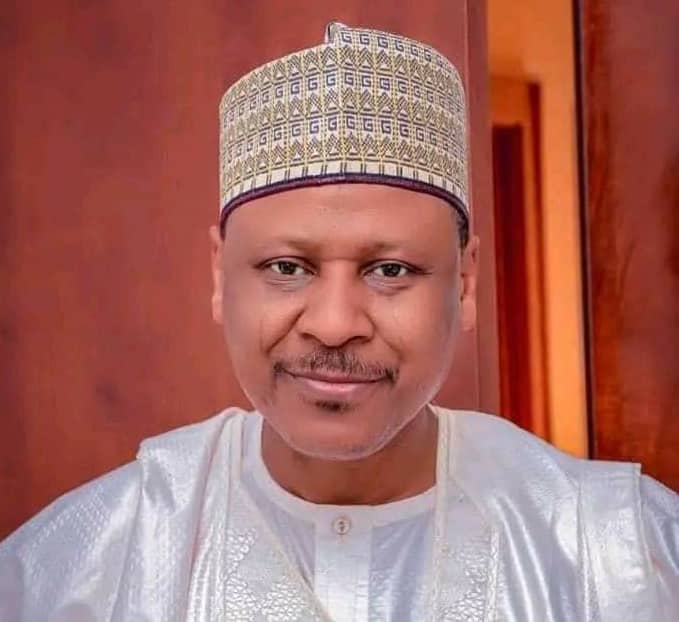The Minister of Information and National Orientation, Mohammed Idris, has underscored the vital role of public relations in fostering constructive dialogue for national economic development, saying the ongoing tax reforms embarked upon by the federal government was necessary for economic growth.
Speaking at the National Discourse on Tax Reform Bills, organised by the Kaduna State chapter of the Nigerian Institute of Public Relations (NIPR) on Saturday in Kaduna, Idris reaffirmed the federal government’s commitment to implementing fiscal reforms aimed at driving sustainable growth.
The event, themed “Tax Reforms: The Role of Public Relations in Fostering Constructive Dialogue for National Economic Renaissance,” provided a platform to discuss ongoing reviews of Nigeria’s tax administration system and its potential impact on the nation’s economy.
In his address, the Minister praised the leadership of the NIPR and its Kaduna chapter for promoting effective public relation practices.
He emphasised the importance of dialogue as a cornerstone of democracy, advocating mutual respect and a shared commitment to national unity and progress.
“Constructive dialogue allows us to give voice to diverse opinions and respect those with whom we may disagree. Our shared humanity and collective vision for a prosperous Nigeria will always outweigh our differences,” he said.
Idris highlighted taxation as a crucial tool for funding governance and public services. However, he acknowledged persistent challenges in Nigeria’s tax system, including structural flaws and resistance from taxpayers.
“The ongoing review of the country’s tax laws is a timely and necessary step toward addressing these issues. It is part of broader macroeconomic reforms aimed at putting Nigeria on a sustainable path of growth and development,” he stated.
The Minister commended the Presidential Committee on Fiscal and Tax Reform for its transparent approach to public engagement, noting that such discourse reflects the essence of participatory democracy.
He also assured stakeholders that the Tinubu administration was dedicated to addressing public concerns regarding tax reforms.
“We are all in this together. The sacrifices we make collectively will lead to social and economic benefits for all Nigerians,” he added.
For his part, NIPR President Dr. Ike Neliaku stressed the importance of collaboration in addressing misconceptions about tax policies.
He stated: “Unless we all sit down to discuss this matter, people may not understand where the government is going, and the government may not understand the intentions of its citizens. This dialogue platform is a means to ventilate opinions, clarify intentions, and chart a mutually beneficial path forward.”
Similarly, the chairman of Kaduna State chapter of NIPR, Haroun Malami, emphasised that tax reform was not just about policy but also about people.
“It’s about creating a narrative that resonates with citizens, businesses, and stakeholders. It’s about fostering constructive dialogue that builds trust, promotes understanding, and encourages participation,” he said.
Also, the deputy director and Head of Treaties and International Tax Policy Division at FIRS, Mr. Kehinde Victor, shed light on the technical aspects of the bill.
He explained that the proposed legislation seeks to repeal certain acts on taxation, consolidate the legal frameworks related to taxation, and enact the Nigeria Tax Act. The Act would govern taxation of income, transactions, and instruments.
Victor also pointed out key features of the bill, including, the elimination of minimum tax on loss-making companies.The introduction of a “top-up tax” to ensure a 15 per cent effective tax rate for multinational and large domestic companies.
